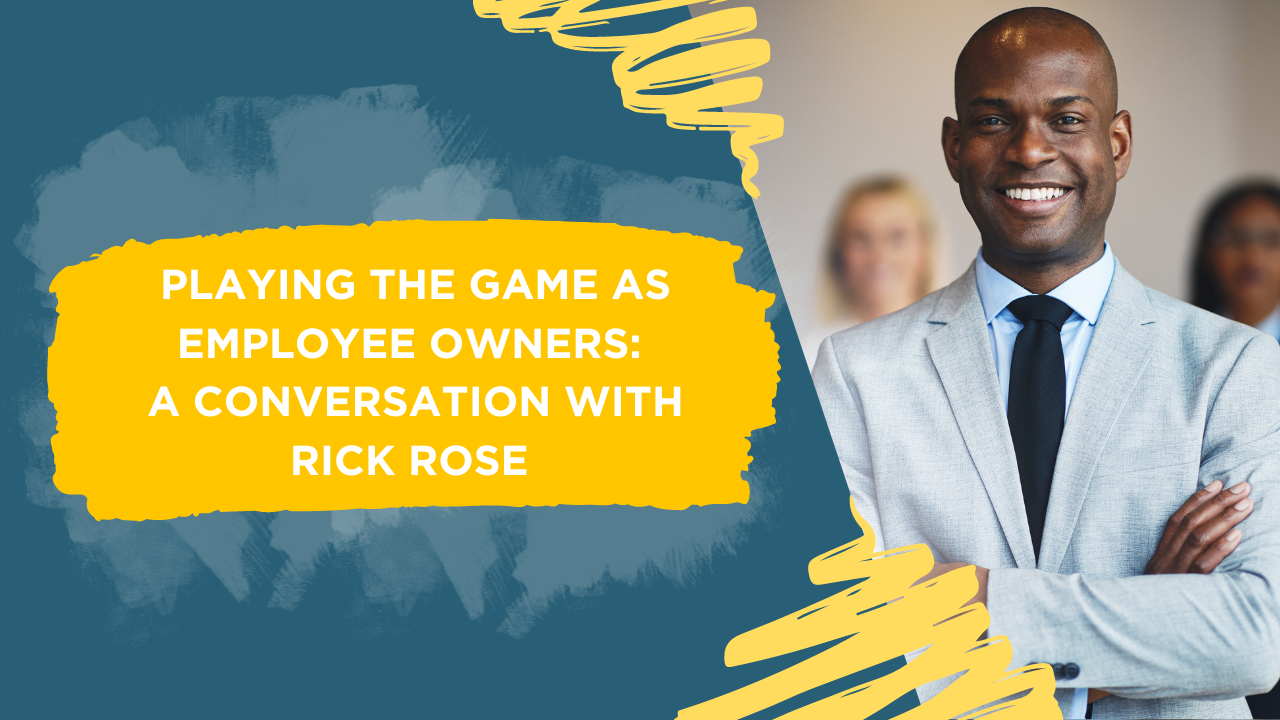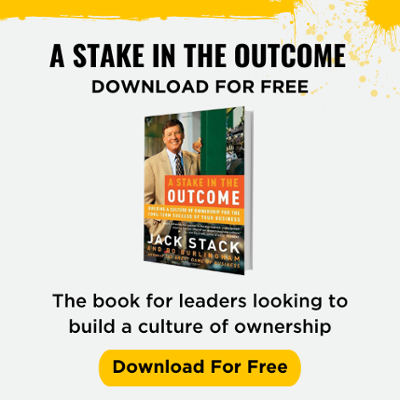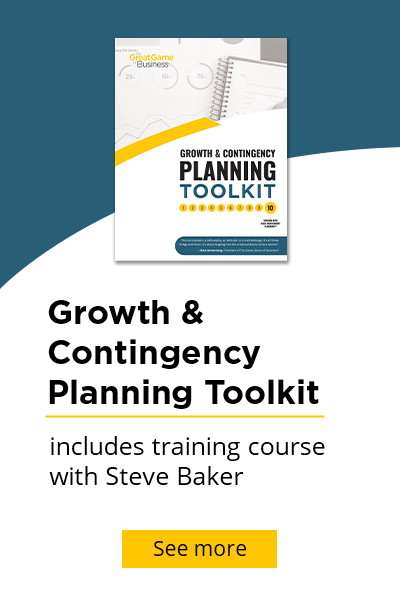 Should you sell your company? It’s a question many business owners will eventually face. But just as vexing might be the added notion of: whom should you sell your business to? One alternative that continues to gain in popularity is to sell your business to an ESOP, or employee stock ownership plan. It’s estimated that there are now some 11,500 ESOPs operating today, which account for some 13.7 million participants – or 10% of the entire U.S. workforce.
Should you sell your company? It’s a question many business owners will eventually face. But just as vexing might be the added notion of: whom should you sell your business to? One alternative that continues to gain in popularity is to sell your business to an ESOP, or employee stock ownership plan. It’s estimated that there are now some 11,500 ESOPs operating today, which account for some 13.7 million participants – or 10% of the entire U.S. workforce.
But ESOPs can be admittedly complex to understand and implement – which is why Rick Rose of Menke and Associates has made a career out of helping companies make that transition. To date, Menke has helped more than 2,500 companies establish ESOPs of their own. In fact, Rose was the person Jack Stack called when he was originally considering purchasing SRC from International Harvester in 1983 with the idea of turning it into an ESOP over time. It’s a relationship that continues today, 31 years later, even as SRC has evolved into a 100% employee-owned business.
We reached out to Rose to find out more about ESOPs – and why they pair so well with playing the GGOB.
Q: What exactly is an ESOP?
RR: An ESOP means employees become owners in a trust that owns or portion or all of the company they work for. It’s similar to other benefit programs like a profit sharing plan or a 401(k) only, in this case, it involves owning stock in their employer.
Q: What are some of the key benefits to establishing an ESOP?
RR: First off, there are some amazing tax benefits that are associated with an ESOP. Like with any investment that grows before you sell it, you need to pay capital gains on your profits. But if you sell to an ESOP, you can avoid paying capital gains altogether – which can save an owner typically 28% to 29% in taxes they would have paid if they sold to another buyer like a bigger company instead. Another benefit is that an ESOP provides what’s called a tax shield. That means that whatever percentage the ESOP owns of the company, say 40% for example, the company avoids paying any state or federal corporate income tax on 40% of its profits. A third benefit is that an ESOP, unlike a profit sharing plan or a 401(k), can actually borrow money, which it can pay back with tax deductible dollars.

Q: Wow, those are some amazing advantages. Why, then, don’t we see even more ESOPs out there today?
RR: I wish I knew the answer to that question. I think part of it relates to the fact that ESOPs are government-regulated, which makes it somewhat confusing for some people. There is an administrative expense involved in setting up and maintaining the plan, which can sometimes turn off smaller companies from pursuing an ESOP. Then there are some closely-held businesses who simply want to keep the business in the family or are lucky enough to find a seller who pays them cash on the barrelhead, meaning everything up front.
Q: Interesting. Well, you definitely have an interesting perspective since you were the one who worked with Jack Stack and SRC to help them set up their ESOP. Jack is a pretty smart guy, so why do you think an ESOP appealed to him?
RR: By and large, an ESOP is a win-win-win-win situation – that’s four wins! An individual wins by selling his or her stock. The corporation wins because it can avoid paying income taxes, which can be a great advantage in the marketplace over competitors who are paying a 40% tax on their profits. It’s great for employees because they become an owner in the business they go to work at every day. It’s also good for families because they can liquidate their investment in a way that makes their estate planning easier. I think you could even add another win in that when an owner sells their company to an ESOP, it means that company will remain in the community rather than becoming just a division of a bigger company based somewhere else.
Q: Given your long relationship with Jack and SRC, what is the relationship between ESOPs and the GGOB?
RR: There is a lot of synergy between an ESOP and the GGOB. When you give responsibility to someone to participate in running the business through the GGOB, like how to read financial statements, understand their bonus program, and work together as a team through huddles, he or she is going to react positively to that. They are going to like their job more, will be a better team member, and will work harder and smarter. It makes the connection that he or she is now truly a stakeholder in the business. An ESOP creates that same kind of teamwork if its professionally managed and communicated over time. They really are overlapping concepts.
To learn more about ESOPs, and how they integrate well with the GGOB, you can participate in Rick Rose’s breakout session at the upcoming Gathering of Games conference in St. Louis.
.png)







.png)




-5.png)

